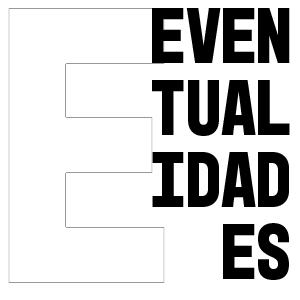14.03
O performativo
“Nesse contexto, presença refere-se, em primeiro lugar, às coisas [res extensae] que, estando à nossa frente, ocupam espaço, são tangíveis aos nossos corpos e não são apreensíveis, exclusiva e necessariamente, por uma relação de sentido. Uma ária de Mozart, o golpe do boxeador, um quadro de Edward Hopper, o passe do quarterback, a “pedalada” de Robinho são, não à toa, fenômenos privilegiados para uma análise da presença, daquilo que podemos experimentar, primordialmente, fora da linguagem. Mas isso não esgota a questão dos fenômenos relevantes, pois a linguagem pode ser, ela também, produtora de presença”. Produção de Presença, Gumbrecht
O sujeito na linguagem, Benveniste
O performativo, Austin
“A person’s life is a succession of fortuitous situations, and even if none of them is exactly the same as another the immense majority of them are so undifferentiated and so dull that they give a definite impression of sameness. As a result, the rare intensely engaging situations found in life only serve to strictly confine and limit that life. We must try to construct situations, that is to say, collective ambiences, ensembles of impressions determining the quality of a moment. If we take the simple example of a gathering of a group of individuals for a given time, it would be desirable, while taking into account the knowledge and material means we have at our disposal, to study what organization of the place, what selection of participants and what provocation of events are suitable for producing the desired ambience. The powers of a situation will certainly expand considerably in both time and space with the realizations of unitary urbanism or the education of a situationist generation.” Report on the Construction of Situations, Guy Debord

Objetos Relacionais, Lygia Clark
21.03
Antes de retomar o tema
A virada sônica
